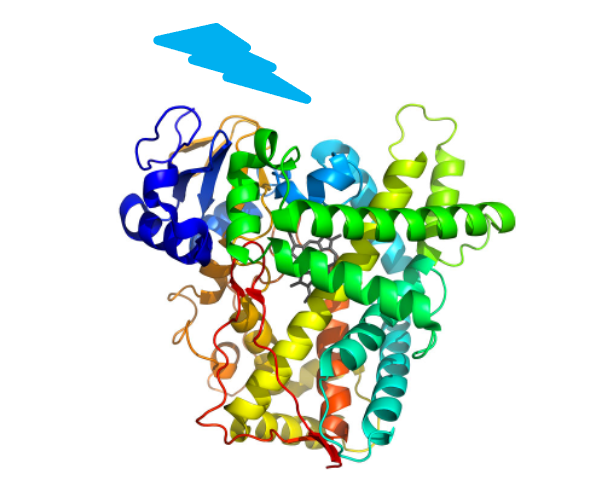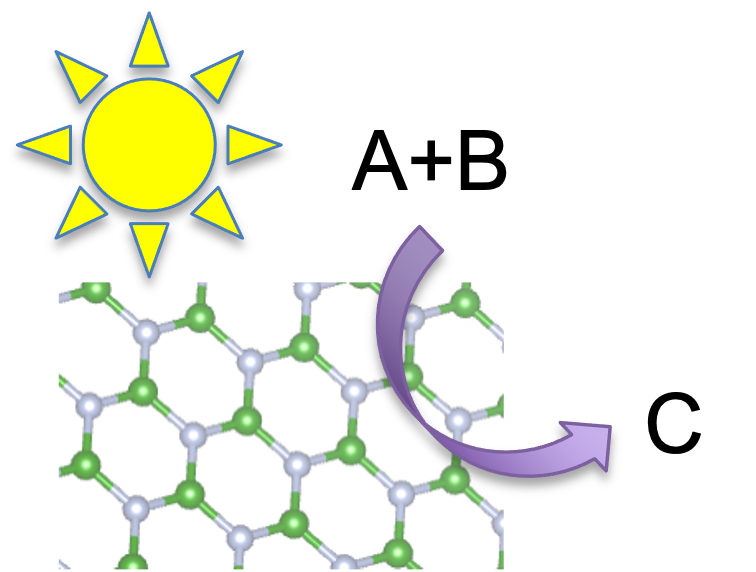Research
The Dong Lab studies large, complex, and dynamical systems where in principle both quantum mechanics and statistical mechanics need to be applied.
We develop and apply physics-based and data-driven computational methods on both classical and quantum computers to understand the multiscale processes of such systems, from electronic structures to emergent and macroscopic properties. Based on this understanding, we develop design strategies for molecules, materials, and processes that matter in renewable energy, biomedicine, and other areas of societal importance.
We combine quantum mechanics, statistical mechanics, machine learning, and applied mathematics 1) to understand the dynamical, electronic, optical, spin, and chemical properties and 2) to unravel the interplay between different time and length scales in complex chemical systems, such as catalysis and light-matter interactions in realistic and complex matrices. When existing methods cannot help us reach our scientific goals, we develop new methods.
We are curiosity-driven and not limited by traditional boundaries of science. Projects in the Dong Lab have components of computational methodology development, applying existing computational tools in both conventional and novel ways to study chemical and physical processes, and/or developing design strategies for molecules and materials. Techniques involved include electronic structure theory, semiclassical methods, molecular dynamics, machine learning, mathematical modeling, and possibly others.
Scientific topics we are currently interested in include
Biocatalysis and bioinspired catalysis with polymers and materials
Quantum phenomena in biological systems
Light-controlled chemical and physical transformations of molecules and materials
Computational design of molecules and materials for renewable energy, biomedicine, quantum information science
Automated science
Computational Design of Photoenzymes and Bioinspired Macromolecular Catalysts

Physical and chemical events often happen in a complex and dynamic environment. We study how macromolecular confinement can be tuned to direct functionality and reactivity, both in the ground state and in electronic excited states. We develop predictive tools to guide the design of these emerging macromolecular catalysts important in biomedicine and renewable energy.
Chemistry Under External Stimuli

How do external stimuli modify and control chemistry? For example, how can we make use of photoexcitation to reach new reaction spaces? And how can quantum chamical simulations be achieved if the system is large and dynamical? We use and develop a variety of computational tools to answer these questions.
Computational Method Development for Classical and Quantum Computing

We develop computational methods and tools to enable scientific research on both classical and quantum computers. We use physics-based simulation methods to inform machine learning, and use machine learning to improve physics-based simulation methods. We also build databases and use tools from informatics.